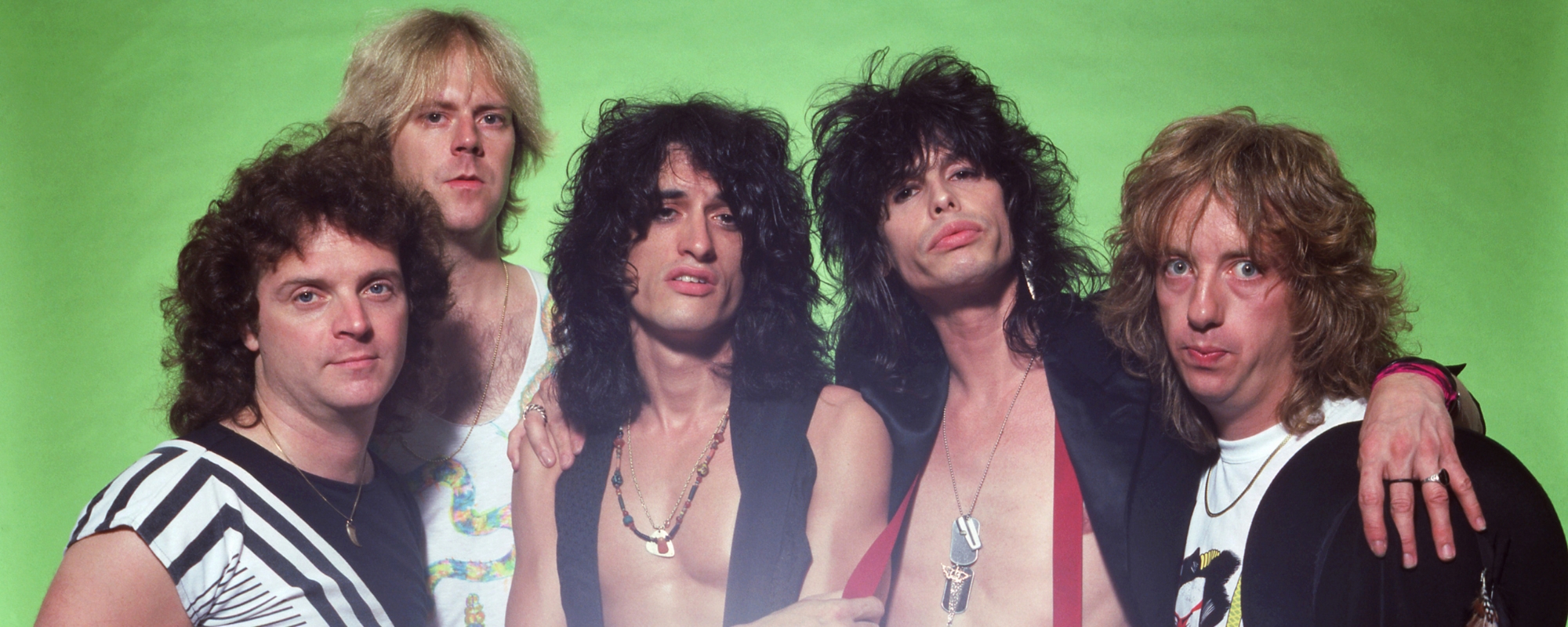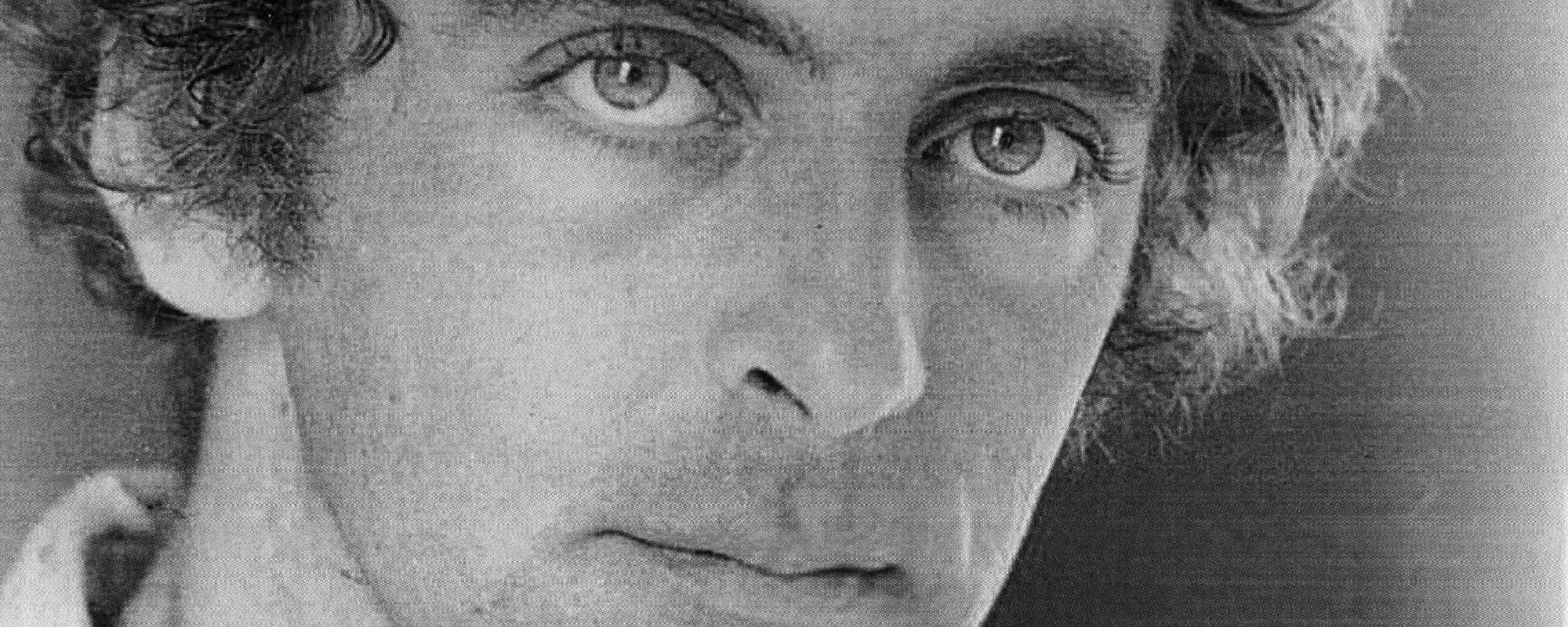If you’re a songwriter who happens to be reading this article, we’d ask you to think back on the first song that you wrote. Chances are, it was a clunky thing, maybe something about which you’re a tad embarrassed upon reflection. But what about Jesse Winchester? His very first writing effort was “The Brand New Tennessee Waltz”, an elegant, bittersweet depiction of a peripatetic romancer that now stands as nothing less than a singer-songwriter standard.
Videos by American Songwriter
Jesse Winchester’s Journey
Jesse Winchester never gained much in the way of commercial attention during his career. His biggest US hit single, “Say What”, scraped its way to No. 32 in 1981. He enjoyed just a tad more success in his adopted home of Canada, but nothing too world-shattering.
Nonetheless, Winchester, who passed away in 2014 at the age of 69, made a substantial impact on other writers and performers. His songs were marked by a combination of grace and grit, and he had a way of imbuing his lyrics with effortless poetry. As it turns out, he displayed those qualities right from the start.
According to Winchester, “The Brand New Tennessee Waltz” represented his first legitimate attempt to write a song. By that time, he had relocated to Canada after growing up in the Southern US. Winchester made the move after being drafted for US military service. Because of that decision, he couldn’t return to the US until President Jimmy Carter’s decision to grant amnesty to draft dodgers in 1976.
His Canadian location didn’t hurt his career opportunities, however. Robbie Robertson of The Band became an early fan and produced his 1970 self-titled debut album. Robertson also managed to get several members of The Band to play on certain tracks, including “The Brand New Tennessee Waltz”.
Exploring the Lyrics of “The Brand New Tennessee Waltz”
Jesse Winchester counts on his listeners to know the country hit “The Tennessee Waltz” to get the full meaning of his song. But unlike that classic, popularized by Patti Page, it’s not the narrator who’s getting left behind when their partner waltzes away. He’s the one doing the leaving, mostly because he’s been forced from his home and can’t settle anywhere else.
He begins by sending compliments to a girl he met. But he stops her in her tracks before she can get too attached, explaining his history. Winchester suggests true affection only occurs in retrospect anyway. “Because love is mainly just memories,” he explains. “And everyone’s got him a few/So when I’m gone, I’ll be glad to love you.”
Memories of his courtliness will have to last her. “When I leave, it’ll be like I found you, love,” he says. “Descending Victorian stairs.” He feigns indifference to the fact that he’s literally a ghostlike presence to her, like a living photograph. “And getting even by asking who cares,” he shrugs.
In the final verse, the narrator asks for “passionate violins” to be played at his exit. He knows that, even upon leaving, he’ll never again find a true home. It’s easy to read Winchester’s own story into the closing complaint: “’Cause they’ll catch you wherever they’re hid.”
Jesse Winchester would go on to write many incredible songs over the course of his career. But his first, “The Brand New Tennessee Waltz”, set an extremely high standard, both for his own work and the efforts of other singer-songwriters to try and match.
Photo by Steve Kagan/Getty Images













Leave a Reply
Only members can comment. Become a member. Already a member? Log in.